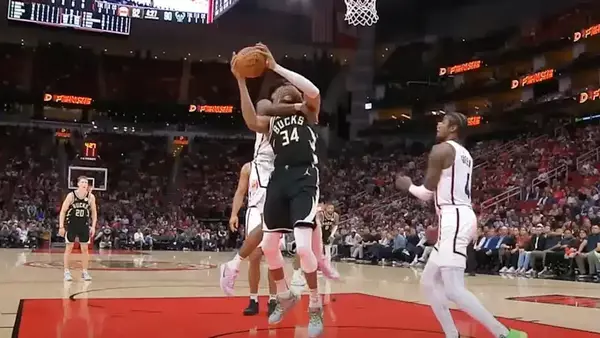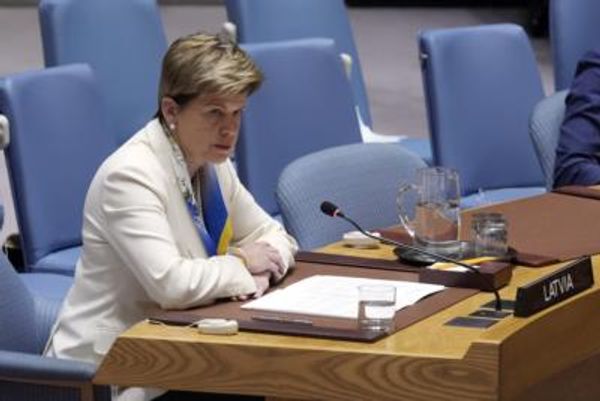
Rishi Sunak is on course to meet his inflation target but the UK faces years of higher mortgage rates and a flatlining economy until 2026, the Bank of England warned on Thursday.
As it pushed interest rates to a fresh 15-year high, the Bank forecast the economy will stagnate for the next three years, when GDP will increase by just 1 per cent.
And governor Andrew Bailey warned households and businesses the Bank would keep interest rates sufficiently high for at least two years – or as long as it takes to keep inflation under control.
It means years more misery for homeowners facing spiralling mortgage costs, which have almost tripled since December 2021.
Borrowers have now been punished with 14 consecutive interest rate rises, with the base rate climbing from 0.25 per cent 18 months ago to 5.25 per cent today.
The rise means the average tracker mortgage holder will now pay nearly £24 more a month, or around £285 a year, according to figures from trade association UK Finance.
For homeowners on a standard variable rate (SVR) mortgage, the average payment could increase by £15.14 per month or nearly £182 per year.
Despite the fresh blow for homeowners and the bleak economic outlook, Mr Bailey welcomed the “good news” that inflation is finally falling.
Mr Bailey said inflation “hits the least well off hardest” and the Bank needs to “make absolutely sure” it returns to its 2 per cent target.
The rate of price increases in June stood at 7.9 per cent, and the Bank expects to hit its 2 per cent goal by the beginning of 2025.
Chancellor Jeremy Hunt acknowledged the rise in interest rates would be a “worry’’ for families and businesses but said the government must stick to its plan to bring down inflation.
Reacting to the Bank of England’s decision, he said: “If we stick to the plan, the Bank forecasts inflation will be below 3 per cent in a year’s time without the economy falling into a recession.
“But that doesn’t mean it’s easy for families facing higher mortgage bills so we will continue to do what we can to help households.”
It comes as high street retailer Wilko announced it would appoint administrators, putting 12,000 jobs at risk.
The boss of the homeware and hardware chain said it is expected to enter insolvency after failing to secure a takeover to help the business with “mounting cash pressures”.
In a boost to the prime minister, the Bank said inflation would drop to around 5 per cent in October, meaning Mr Sunak will likely meet a key promise to halve inflation this year.
But any joy for the PM was tempered by a warning that he faced a bleak economic outlook at the next election.
The Resolution Foundation think tank said the election, expected next autumn, would come amid “falling GDP, higher unemployment and big increases in mortgage repayments”.
It said the Bank’s gloomy outlook was “particularly bad news for Rishi Sunak”.
Its research director, James Smith, said: “The Bank’s decision to raise interest rates for a fourteenth meeting in a row – continuing the largest tightening cycle in more than 30 years – was expected. But this will provide little comfort for mortgage holders facing an increase of around £3,000 in repayments next year.”
Mr Smith added that while inflation was coming down quicker than expected, climbing interest rates would see an additional 350,000 people unemployed over the next three years.
After the Bank’s latest interest rate hike, it was accused of “overdoing it” and “causing too much harm” to households.
Senior economist Carsten Jung said: “The UK economy is weakening. The labour market is slowing down, and productivity is falling. Increasingly there is a realisation that the Bank of England is already overdoing it.
“By raising interest rates to 5.25 per cent, the Bank is tightening the screws too much and causing excessive harm for households and businesses.”
And think tank the New Economics Foundation told The Independent the Bank should have “held its horses” before pushing up interest rates again.
“When the Bank raises interest rates, it takes time for those effects to filter through the economy,” said senior economist Lukasz Krebel.
He warned that households with mortgages were “already struggling” after 13 interest rate increases and today’s rise “could damage the economy by discouraging investment”.
Victoria Scholar, head of investment at Interactive Investor, said Mr Bailey’s warning on higher interest rates means “the era of cheap money is well and truly behind us”.
The Bank of England’s Monetary Policy Committee has raised rates again— (REUTERS)
“Mortgage holders will have to get used to paying more each month,” she told The Independent.
Mr Bailey’s optimistic tone on inflation and the 0.25 percentage point increase, smaller than some had called for, mean the era of devastating mortgage rate hikes might be over, Ms Scholar added.
Taking all 14 rate rises into account, average monthly payments will have increased by £488.50 for tracker deals and, assuming base rate rises have been fully passed on, £311.90 for SVRs.
This adds up to an average annual increase of £5,862 for homeowners on tracker mortgages and £3,742.80 for SVR customers.
Analysts now believe interest rates will peak at just under 5.7 per cent, down from earlier expectations they could top 6 per cent.
And, in a sign of further small increases to the base rate, Mr Bailey said it is not “time to declare it’s all over”.
At the Bank’s rate-setting meeting, six of nine monetary policy committee members voted for the 0.25 percentage point increase.
Two members voted for a larger 0.5 percentage point hike to take the rate to 5.5 per cent. And one member said the rate should have been kept flat at 5 per cent.
Labour said the increase would be “incredibly worrying for households across Britain already struggling to make ends meet”.
Shadow chancellor Rachel Reeves said the Conservatives were responsible for “crashing the economy”, leaving households with higher mortgages, higher food bills and higher taxes.
House prices slumped by 3.8 per cent annually in July, Nationwide said— (Dominic Lipinski/PA)
Interest rate pain for mortgage holders has partly fuelled the largest slump in property values for 14 years, with house prices declining by 3.8 per cent on average annually in July, according to Nationwide.







